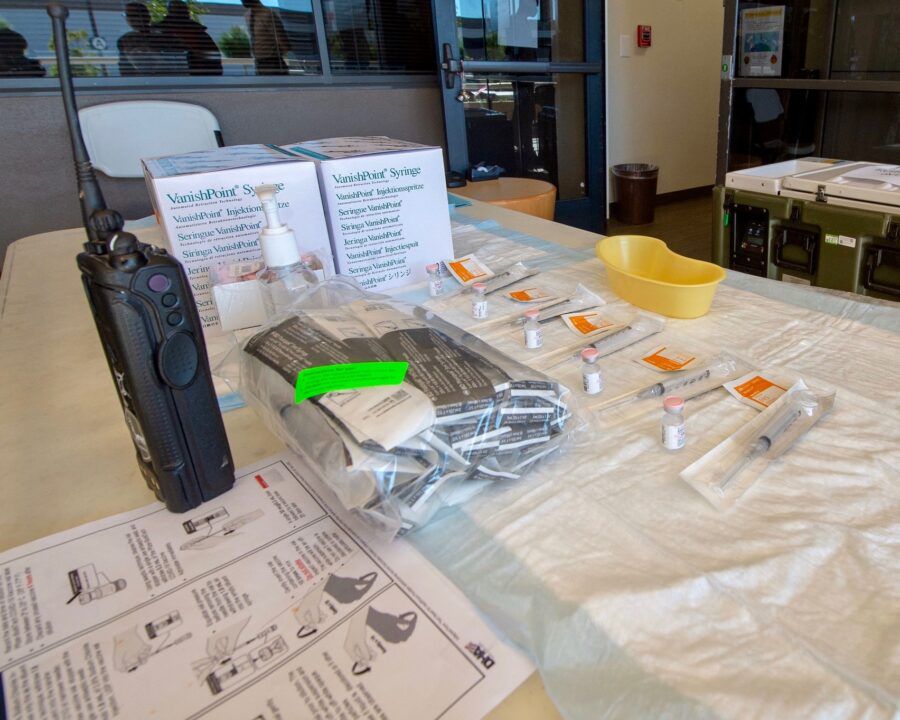GENEVA (AN) — The head of the U.N. health agency asked wealthy countries to stop hoarding most of the world's COVID-19 vaccine supply, telling reporters on Friday it is impeding multilateral efforts to ensure all nations have equal access.
World Health Organization Director-General Tedros Adhanom Ghebreyesus said the proliferation of bilateral deals among drug makers and nations that can afford to buy their own stockpile is raising the costs for the rest of the world, which makes it even harder for the COVAX Facility's multilateral efforts to get the vaccines to the poorest high-risk populations.







